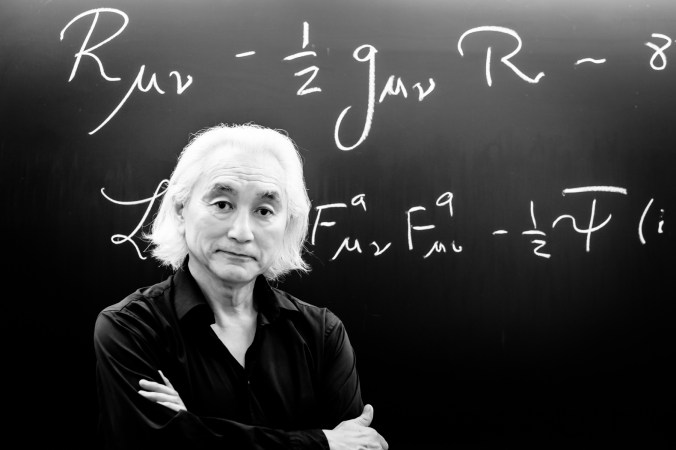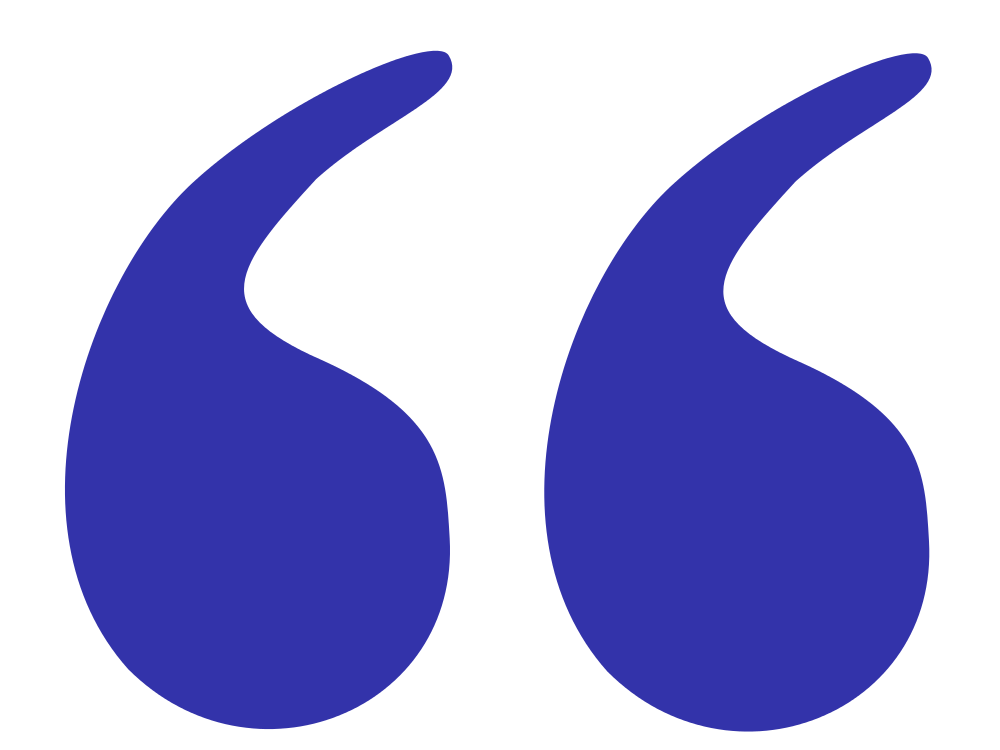
Fotografía de Michio Kaku por ©Daniel Riff

El cerebro humano tiene 100 billones de neuronas, cada una conectada a otras 10 mil neuronas. Sobre tus hombros está el objeto mas complicado del Universo conocido.


La neuromúsica de Jeffrey Thomson

El Dr. Jeffrey Thompson comenzó a experimentar con el sonido y sus efectos sobre cuerpo y el cerebro en 1981 en su Centro de Salud Holística en Virginia, USA. Sus experimentos incluyeron el uso de frecuencias de sonido exactas para hacer ajustes quiroprácticos en la columna vertebral y craneal, para estimular y normalizar la función del órgano y para equilibrar los meridianos de acupuntura. Su investigación clínica con miles de pacientes y voluntarios condujo a descubrimientos innovadores sobre cómo los patrones de frecuencia de sonido, integrados en bandas sonoras musicales, pueden desencadenar ondas cerebrales y generar numerosos beneficios para la salud.
Es reconocido como un experto mundial en el campo de las frecuencias de estimulación acústica incorporadas en las bandas sonoras musicales. Un músico y compositor consumado por derecho propio, ha establecido un método para usar pulsos de sonido modulados para cambiar los estados de conciencia, lo que resulta en una curación óptima del cuerpo y la mente.
En la década de 1990, el método del Dr. Thompson de usar el sonido para sanar fue elegido como una de las principales modalidades de curación alternativa en los Estados Unidos.
Si quieres saber mas, visita:
https://www.soundstrue.com/store/jeffrey-thompson-5379.html
Pingback: ¡Salud! …con música. | Crónicas de IMarie
Oliver Sacks on 9/11 and the Paradoxical Power of Music to Bring Solace by Making Room for Our Pain
“Music can pierce the heart directly; it needs no mediation.”
By Maria Popova at https://www.brainpickings.org/2015/09/11/oliver-sacks-musicophilia/?mc_cid=72aaca5f4c&mc_eid=8901c8a76e
A science-storyteller like the late, great, sorely missed Oliver Sacks (July 9, 1933–August 30, 2015) comes about once a century, if we’re lucky. Throughout his long career as a working scientist who bewitched the popular imagination with beautiful writing, he frequently turned to music as his storytelling muse. It was a relationship that once saved his life and culminated in his magnificent book Musicophilia: Tales of Music and the Brain (public library) — an immensely insightful exploration of the physiological and psychological phenomena behind the all too common human impulse that once compelled the poet Edna St. Vincent Millay to profess: “Without music I should wish to die.”
Oliver Sacks by Wendy MacNaughton
In one particularly poignant passage, emanating his usual gift for exposing the monumental through the minute, Dr. Sacks captures the heart of music’s strange power over us by reflecting on a fleeting moment that took place on the fifth anniversary of the September 11 attacks:
On my morning bike ride to Battery Park, I heard music as I approached the tip of Manhattan, and then saw and joined a silent crowd who sat gazing out to sea and listening to a young man playing Bach’s Chaconne in D on his violin. When the music ended and the crowd quietly dispersed, it was clear that the music had brought them some profound consolation, in a way that no words could ever have done.
Music, uniquely among the arts, is both completely abstract and profoundly emotional. It has no power to represent anything particular or external, but it has a unique power to express inner states or feelings. Music can pierce the heart directly; it needs no mediation. One does not have to know anything about Dido and Aeneas to be moved by her lament for him; anyone who has ever lost someone knows what Dido is expressing. And there is, finally, a deep and mysterious paradox here, for while such music makes one experience pain and grief more intensely, it brings solace and consolation at the same time.
Me gustaLe gusta a 1 persona
Thank you for such a valuable comment!
Me gustaMe gusta
Gracias amiga! Excelente información… la neuromusica está para escucharla cada noche antes de cerrar los ojos!
Me gustaMe gusta
Y también para trabajar y estudiar! Estimula el descubrimiento de nuestro genio interno; da chispa a nuestra visión interior y libera nuestras expresiones artísticas. Sirve para mucho!
Me gustaMe gusta